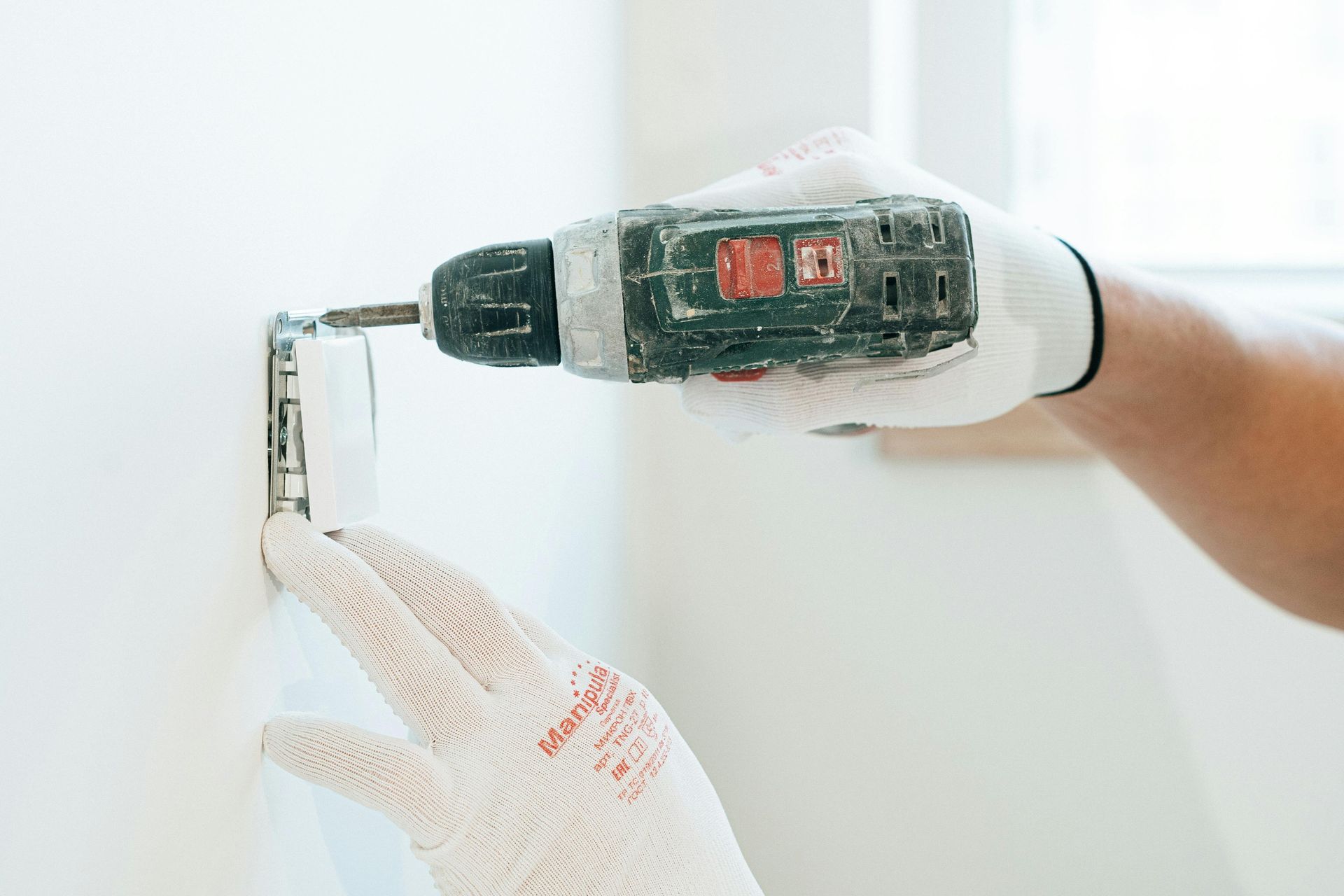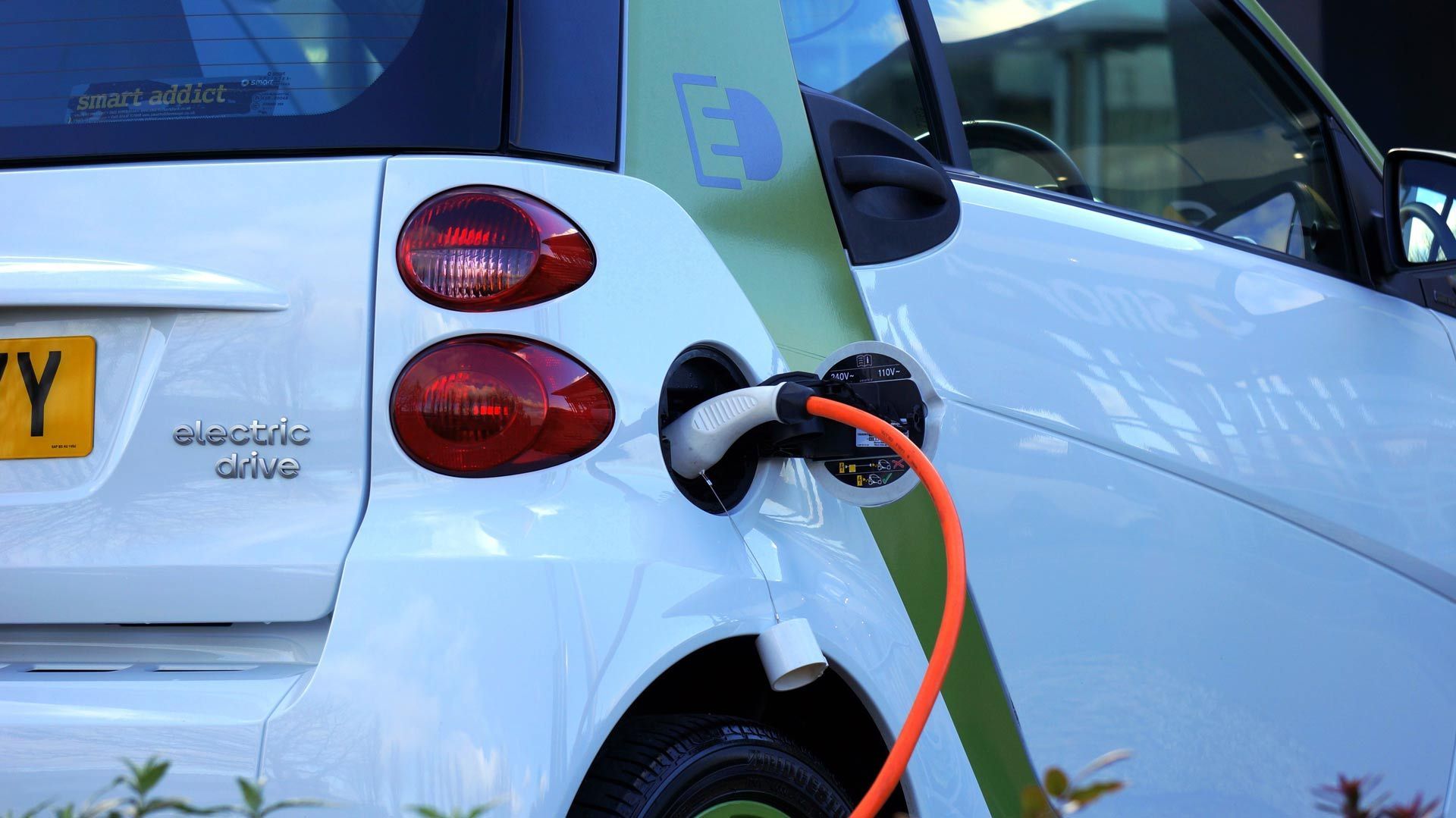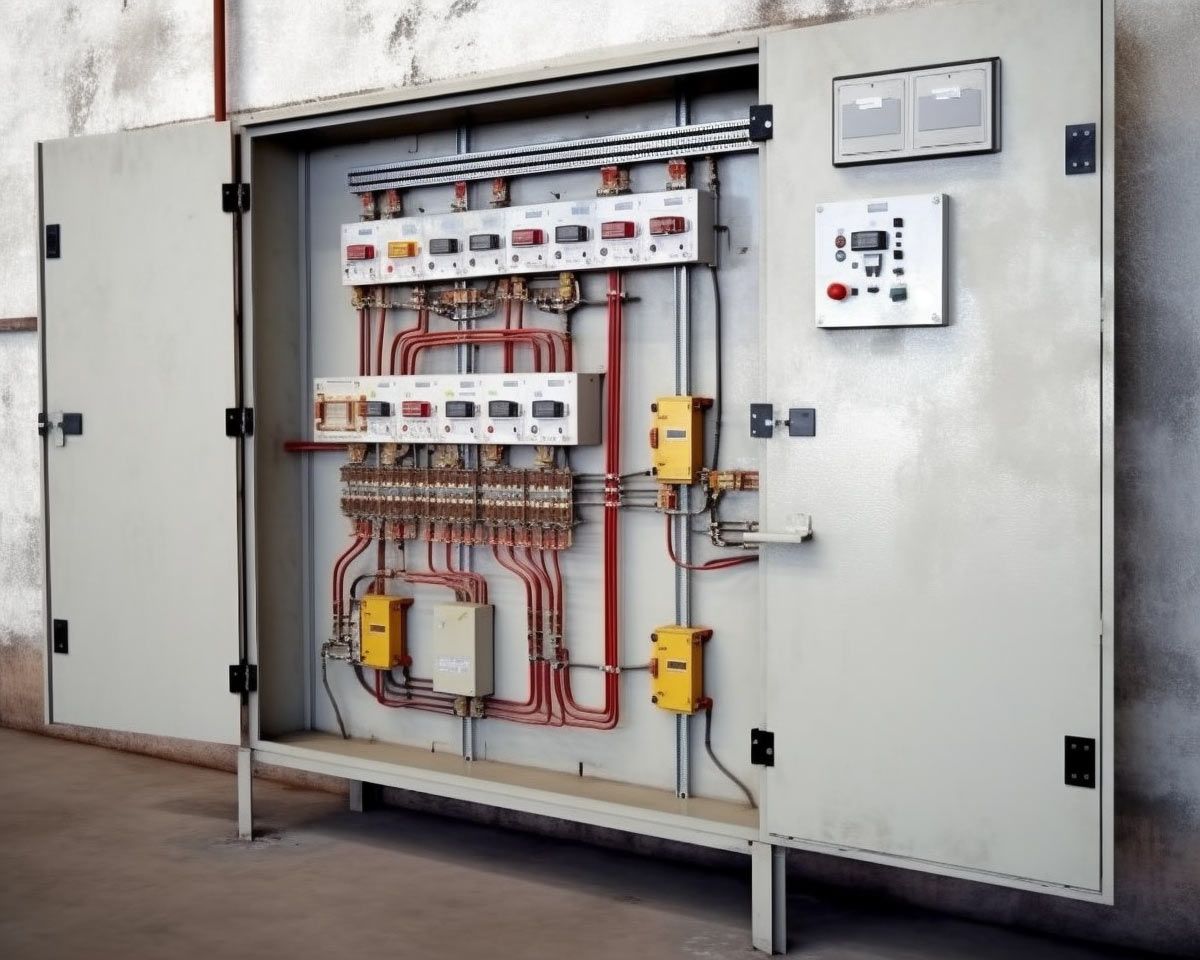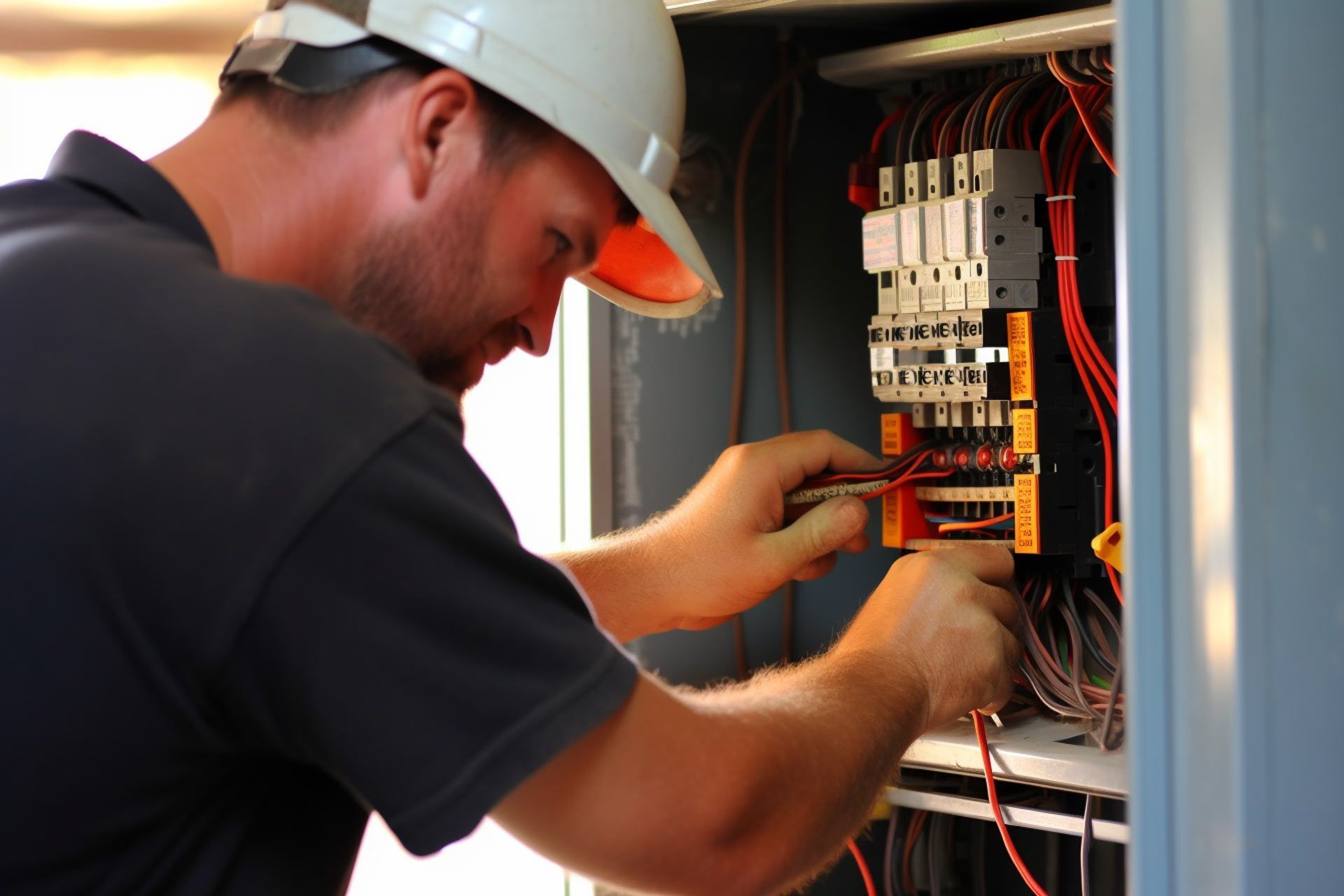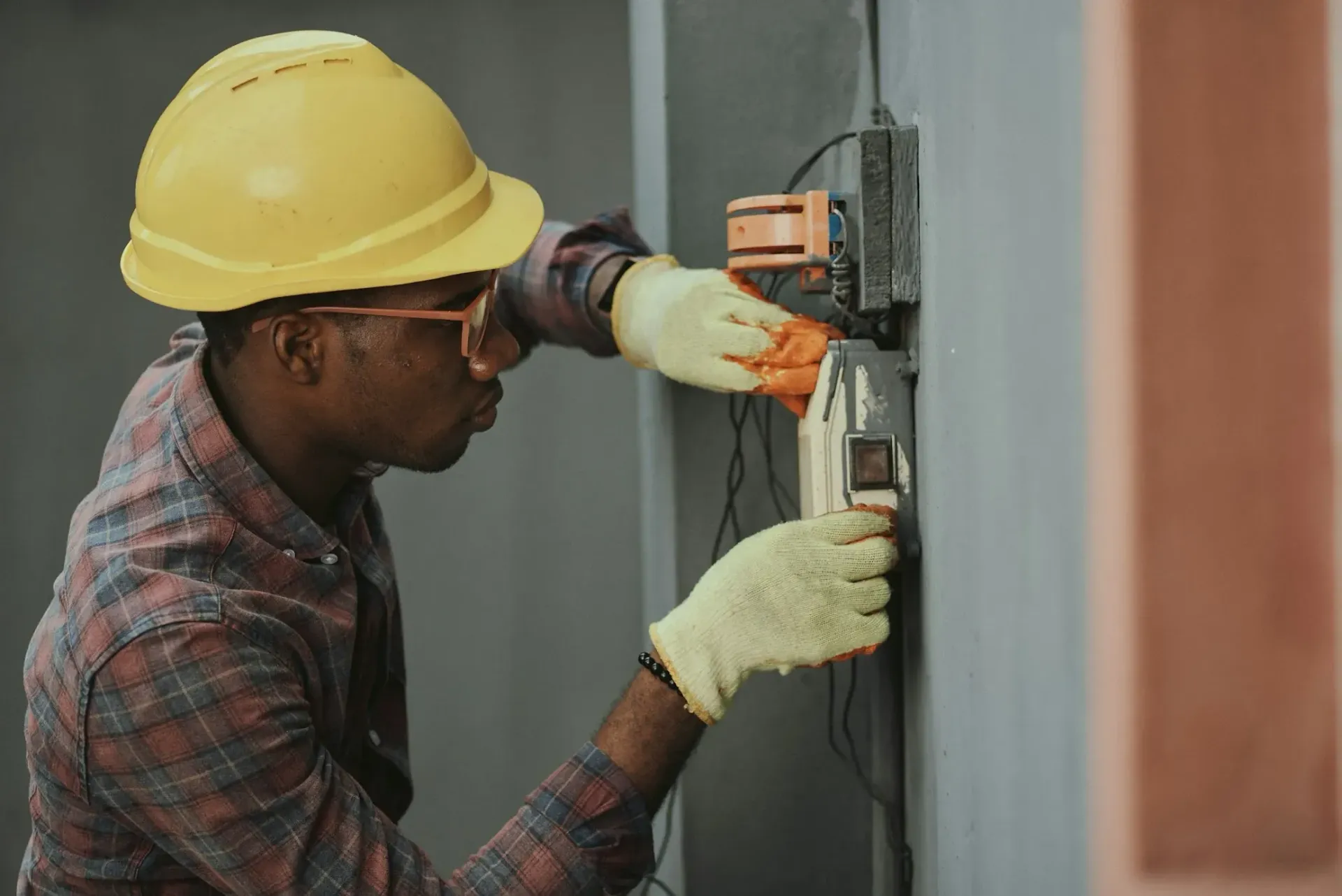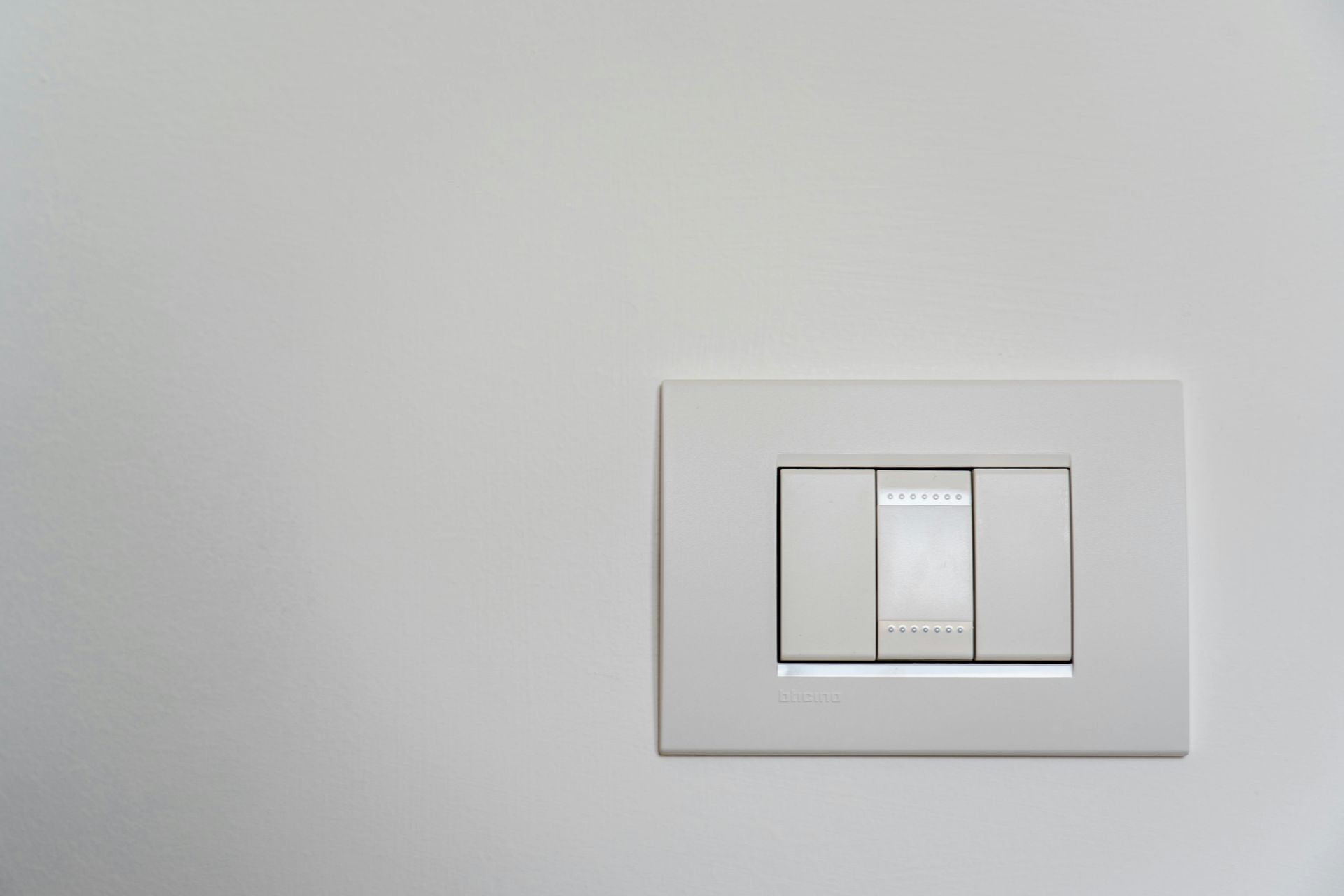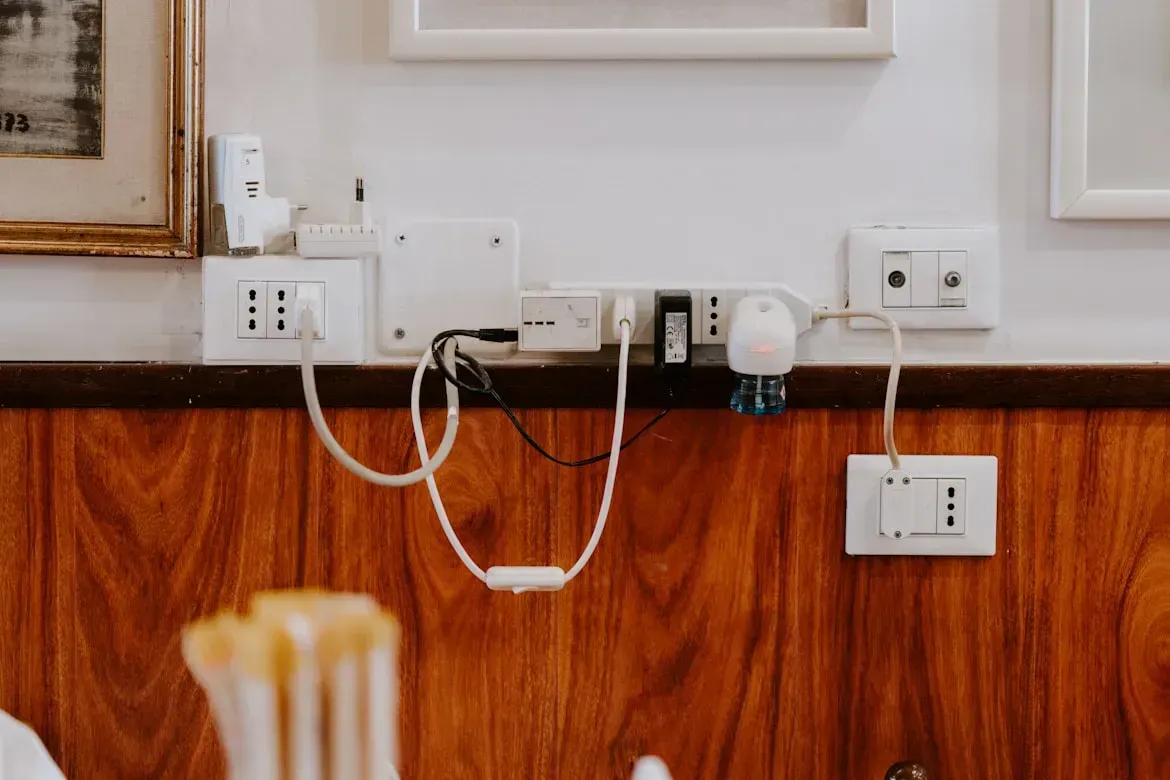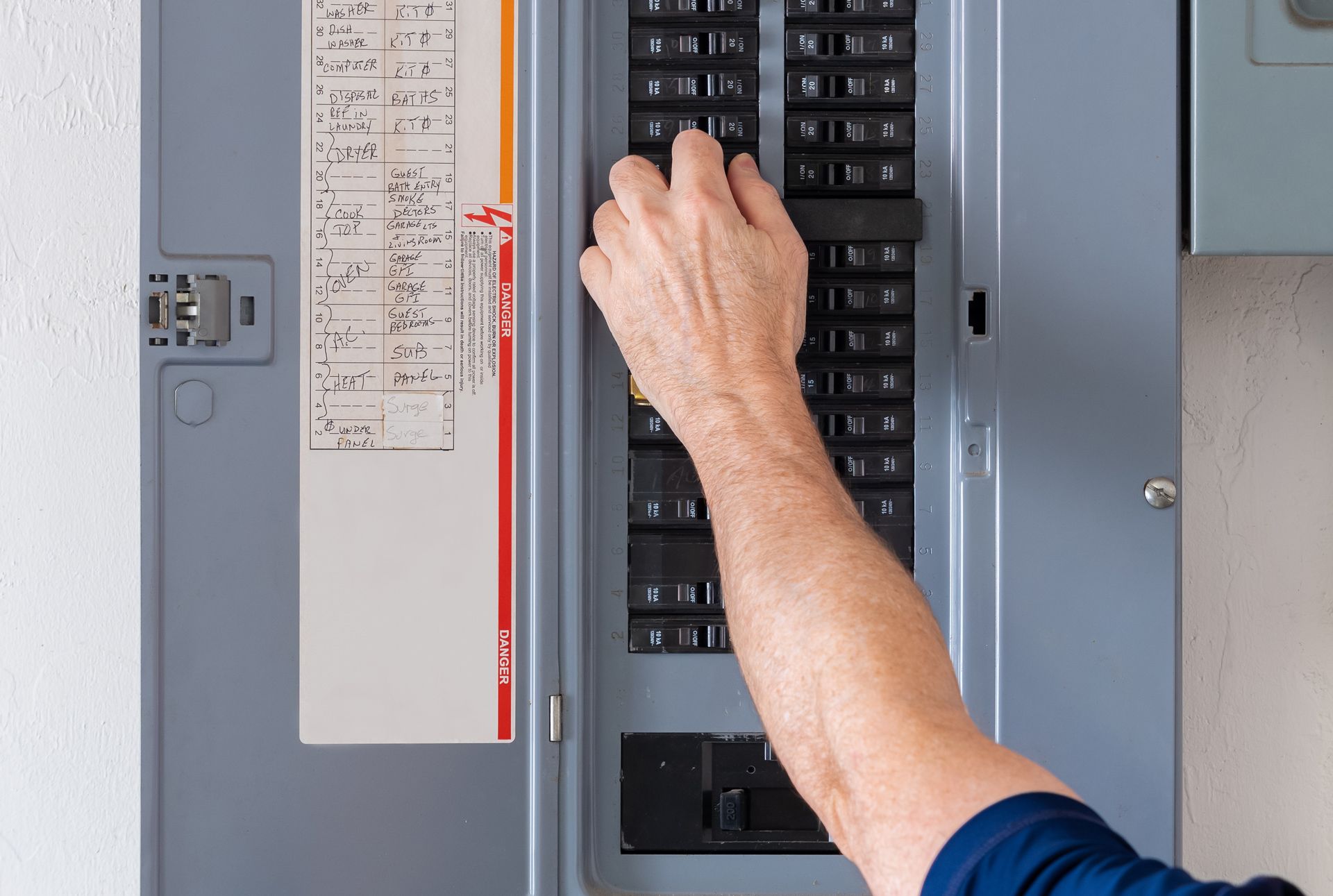The Ultimate Guide to Home EV Charger Installation in 2023
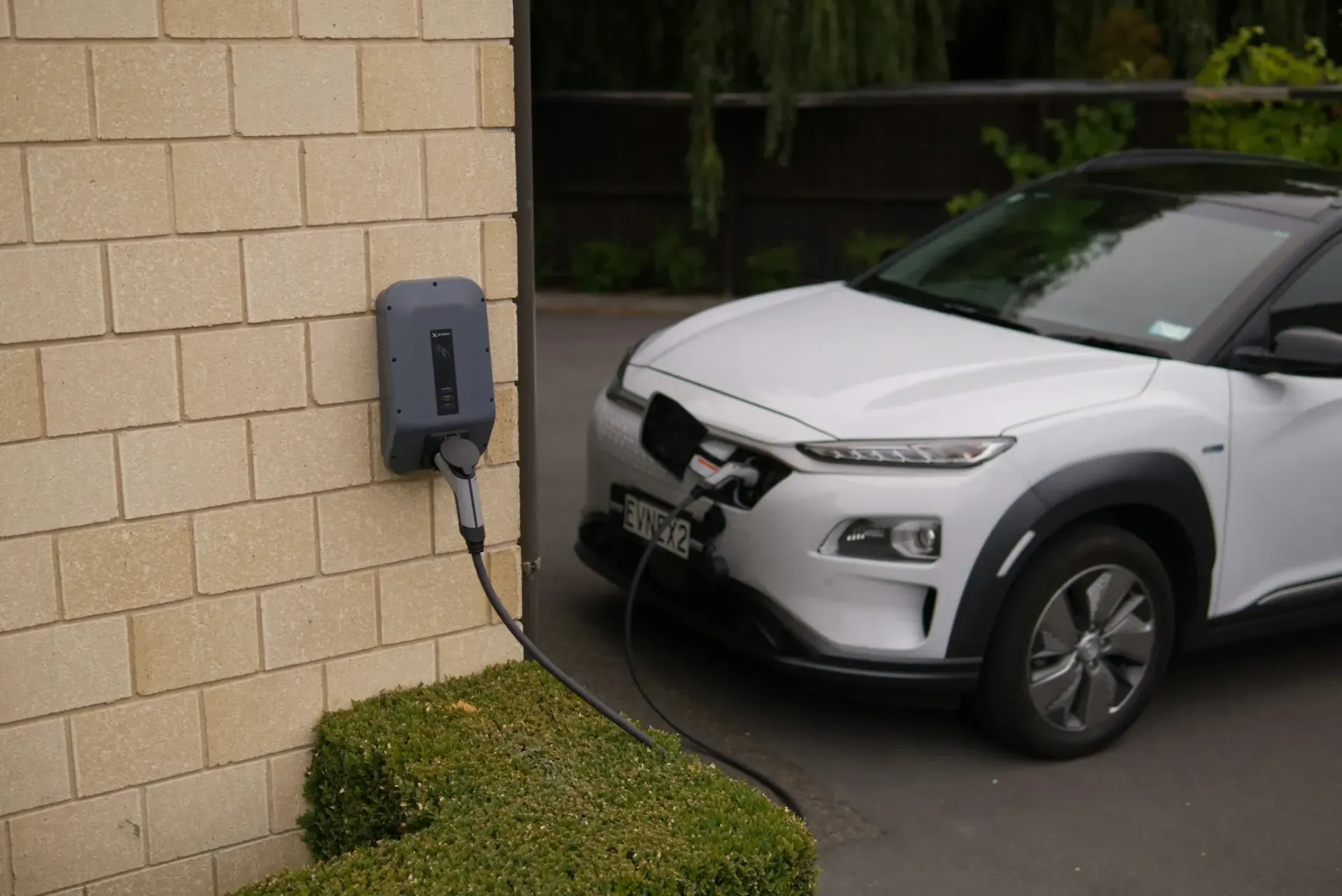
The electric vehicle (EV) revolution is upon us, with more drivers making the eco-friendly switch every day. This surge in EV ownership brings with it a crucial need: convenient, efficient charging solutions.
Enter the home EV charger installation — a game-changer for EV owners. This guide demystifies the process, covering everything from selecting the right charger and electrician to understanding permits and breaking down the costs.
With the latest insights and a step-by-step approach, we're here to ensure you're well-equipped to bring EV charging right to your doorstep in 2023. Let's plug into the world of home EV charging and set the stage for a smoother, more sustainable driving experience.
Why Install an EV Charger at Home?
The shift towards electric vehicles is more than a trend; it's a commitment to a cleaner, more sustainable mode of transport. But with this shift comes the question of convenience and efficiency in charging. Here's where home EV chargers come into play, offering a slew of compelling benefits:
- Convenience at Your Doorstep: Imagine the ease of waking up each morning to a fully charged vehicle, ready to tackle the day. Home charging eliminates the need to rely on public charging stations, providing unparalleled convenience.
- Faster Charging Times: While public Level 1 chargers offer a slow and steady charge, a home-installed Level 2 charger significantly reduces charging time, ensuring your vehicle is ready to go when you are.
- Cost Savings in the Long Run: Charging your EV at home, especially during off-peak hours, can lead to substantial savings on your electricity bill. Compared to the per-kWh pricing at public stations, home charging can be a more economical choice over time.
The growing number of EVs on the road underscores the need for accessible home charging solutions. Recent statistics showcase a rapid increase in EV adoption, highlighting the importance of having a reliable, efficient charging system at home. Whether it's the convenience of charging overnight or the savings on your energy bill, installing an EV charger at home is a smart move for any EV owner.
Understanding the Home EV Charger Installation Process
Diving into the installation of a home EV charger might seem overwhelming at first glance, but it's a straightforward process when broken down into manageable steps. Here’s what you need to know to ensure a smooth installation:
- Choosing the Right Charger: The first step is selecting the appropriate charger. Most homeowners opt for a Level 2 charger due to its balance of speed and cost-effectiveness. It’s crucial to pick a charger that suits your vehicle's requirements and your home's electrical capacity.
- Site Assessment: Before installation, a professional assessment of your home’s electrical system is necessary to determine if it can support the new charger. This assessment will help identify the best location for the charger and whether any electrical upgrades are needed.
- Hiring a Qualified Electrician: The importance of choosing the right electrician cannot be overstated. Look for a licensed professional with experience in installing EV chargers. They will ensure the installation meets all safety standards and local regulations.
- Installation Process: Your electrician will install the charger, which may include mounting the unit, connecting it to the power supply, and performing any necessary electrical upgrades. This process typically takes a few hours to complete.
- Permits and Inspections: Most localities require permits for the installation of EV charging stations. Your electrician can help you navigate this process, ensuring that your installation complies with all local codes and regulations. After installation, an inspection by a local official may be required to finalize the permit process.
Navigating Permits and Regulations
Securing the necessary permits and adhering to local regulations are critical steps in the EV charger installation process. While it may seem like bureaucratic red tape, this phase ensures your charger is installed safely and legally. Here’s a guide to make navigating permits and regulations smoother:
- Understanding Permit Requirements: Most municipalities require a permit for the installation of an EV charging station. This is to ensure that the installation adheres to electrical codes and safety standards. The specifics can vary by location, so it’s important to research or consult with your electrician about what's needed in your area.
- Application Process: Your electrician can often handle the permit application process for you. They'll know the ins and outs of local requirements and can ensure that your application is complete and submitted correctly. If you’re taking this on yourself, be prepared to provide detailed information about your charger, its installation, and your home’s electrical system.
- Inspections: After installation, an inspector from your local building or electrical department will need to review the installation to ensure it complies with local codes. This typically involves checking the charger's connection to your home’s electrical system and verifying that all work was done safely and correctly.
- Costs and Timing: Be aware that permits and inspections come with fees, and the time to obtain approval can vary. It’s wise to factor these into your project timeline and budget.
Selecting the Right Electrician
The electrician you choose plays a pivotal role in the safe, efficient installation of your home EV charger. Given the technical and regulatory complexities involved, selecting the right professional is crucial. Here’s how to ensure you find the best match for your project:
- Look for Specialized Experience:
Not all electricians are familiar with EV charger installations. Seek out professionals who specialize in this area or have a significant number of EV charger projects under their belt. This experience is invaluable for navigating the unique challenges of these installations.
- Verify Licenses and Certifications:
Ensure your electrician is licensed to work in your area and carries the necessary insurance. It's also a plus if they have certifications from EV charger manufacturers or relevant trade organizations, as this indicates a higher level of expertise and familiarity with specific charger models.
- Check Reviews and References:
Online reviews, testimonials, and case studies can provide insights into an electrician’s reliability, quality of work, and customer service. Don’t hesitate to ask for references from past clients, especially those who have had EV chargers installed.
- Ask About Permitting and Inspections:
A knowledgeable electrician should be familiar with the local permitting and inspection processes. They can guide you through these steps, ensuring that your installation complies with all local codes and regulations.
- Get Multiple Quotes: To ensure you're getting fair pricing and the best service, obtain quotes from several electricians. Compare not just the costs but also what's included in their services. Be wary of quotes that seem too good to be true, as they may not cover all necessary aspects of the job.
Cost Factors Involved in EV Charger Installation
Understanding the costs associated with installing a home EV charger is crucial for planning and budgeting. The total expense can vary widely depending on several factors, making it important to consider all potential costs. Here’s a breakdown of what to expect:
- Charger Cost:
The price of the EV charger itself can range significantly based on the brand, model, and features. Level 2 chargers, which offer a good balance between charging speed and price, are generally recommended for home use.
- Installation Costs:
Labor costs for the electrician can vary based on the complexity of the installation, including the need for any electrical upgrades to your home's system. This could involve additional wiring, upgrading your electrical panel, or installing a new circuit.
- Permits and Inspections:
Don't forget to account for the cost of permits and inspections required by your municipality. These fees can vary significantly from one location to another.
- Electrical Upgrades:
If your current electrical system isn't equipped to handle the additional load of an EV charger, you may need to pay for upgrades. This could be one of the more significant costs, especially if a new panel or extensive wiring is needed.
- Potential Rebates and Incentives: Many governments and utilities offer rebates and incentives to offset the cost of installing an EV charger. These can significantly reduce your out-of-pocket expenses, so it’s worth researching what’s available in your area.
When budgeting for your EV charger installation, it's wise to start with a broad estimate and then refine it as you get more specific information from your electrician and local authorities. Be sure to get a detailed quote from your electrician that includes all potential costs, and check for available rebates and incentives to lower your overall expenses.
Maintenance and Safety Tips
Once your home EV charger is installed, ensuring it operates safely and efficiently over time is crucial. Proper maintenance and adherence to safety guidelines can extend the life of your charger and prevent potential issues. Here’s how to keep your home charging station in top condition:
- Regular Inspections:
Periodically inspect your charger for any visible damage, such as frayed cables or cracks in the unit. Address any damage immediately to prevent safety hazards.
- Keep It Clean:
Keep the charging area clean and free from debris. Dust and dirt can accumulate on the charger and plug, so wipe them down regularly with a dry cloth.
- Follow Manufacturer Guidelines:
Each charger comes with specific maintenance recommendations from the manufacturer. Following these guidelines can help ensure optimal performance and longevity.
- Monitor Performance:
Pay attention to any changes in charging speed or unusual noises during charging, as these could indicate a problem. If you notice anything out of the ordinary, contact a professional to check the system.
- Safety First:
Always ensure the charging cable is fully connected to both the charger and your vehicle before starting a charge. Avoid using extension cords or adapters that are not recommended by the manufacturer, as they can pose a fire risk.
- Professional Maintenance: Consider having a professional electrician perform an annual check-up of your EV charging station. They can inspect the electrical connections, test the unit’s safety features, and ensure everything is functioning correctly.
Conclusion
The transition to electric vehicles is more than just a shift in technology; it's a move towards a more sustainable and efficient way of life. With your own home EV charger, you'll enjoy unparalleled convenience, faster charging times, and significant long-term savings. Remember, the key to a smooth installation process lies in thorough preparation and choosing the right professionals to work with.
And, if you're navigating the intricacies of installing an electric vehicle (EV) charger at home or tackling any electrical service needs, consider Bar H Bar Electric as your go-to expert. Offering a wide range of electrical services, including electrical repair, installation of electric car chargers, maintenance of electrical panels, and enhancements to interior lighting, outlets, and switches, they've got you covered. Whether you're looking to upgrade your home's wiring or planning a spa hookup, their team of skilled electricians is ready to bring your project to life with professionalism and expertise.
Bar H Bar Electric proudly serves several key areas, ensuring accessibility to top-notch electrical services for a broad range of customers. If you're located in Lehi, American Fork, Pleasant Grove, Sandy, Draper, St George, Hurricane, Cedar City, or Washington, you're in luck. Their service footprint covers these regions, making it easy for residents to access high-quality electrical solutions.
Choosing Bar H Bar Electric for your electrical needs means opting for a reliable service provider dedicated to ensuring your projects are completed to the highest standards.
